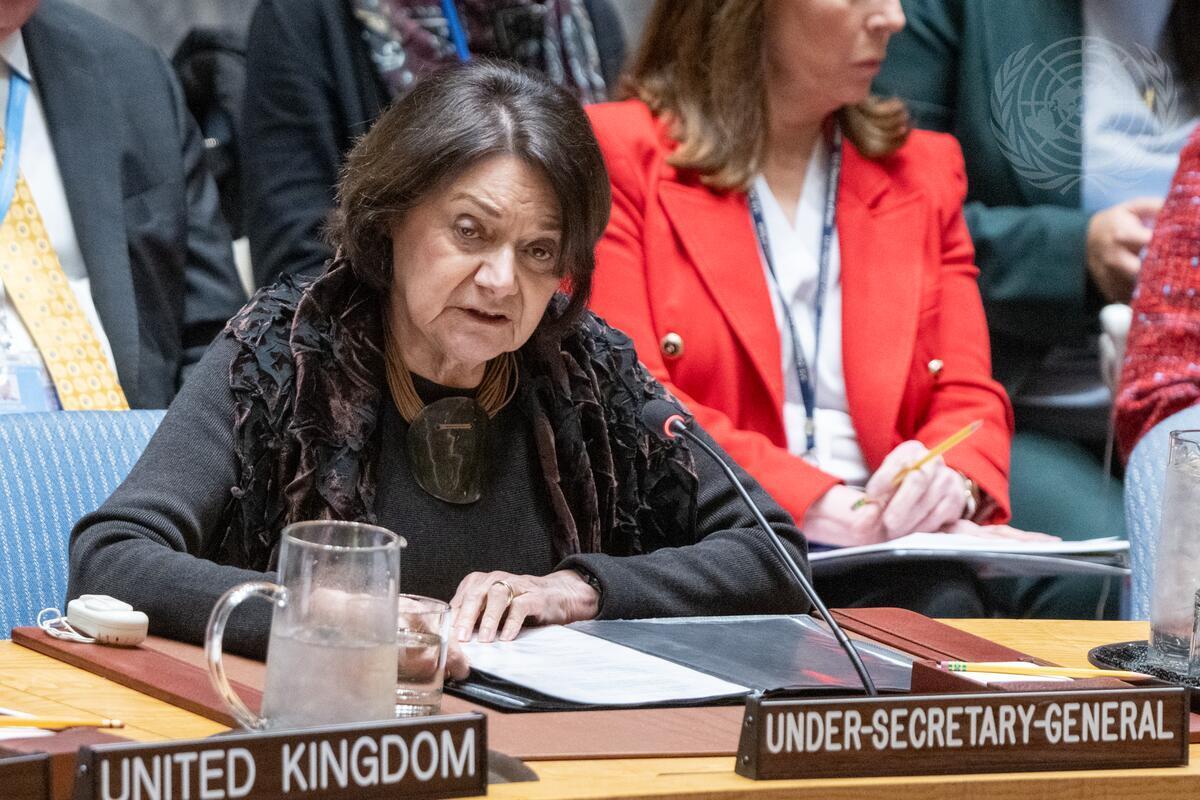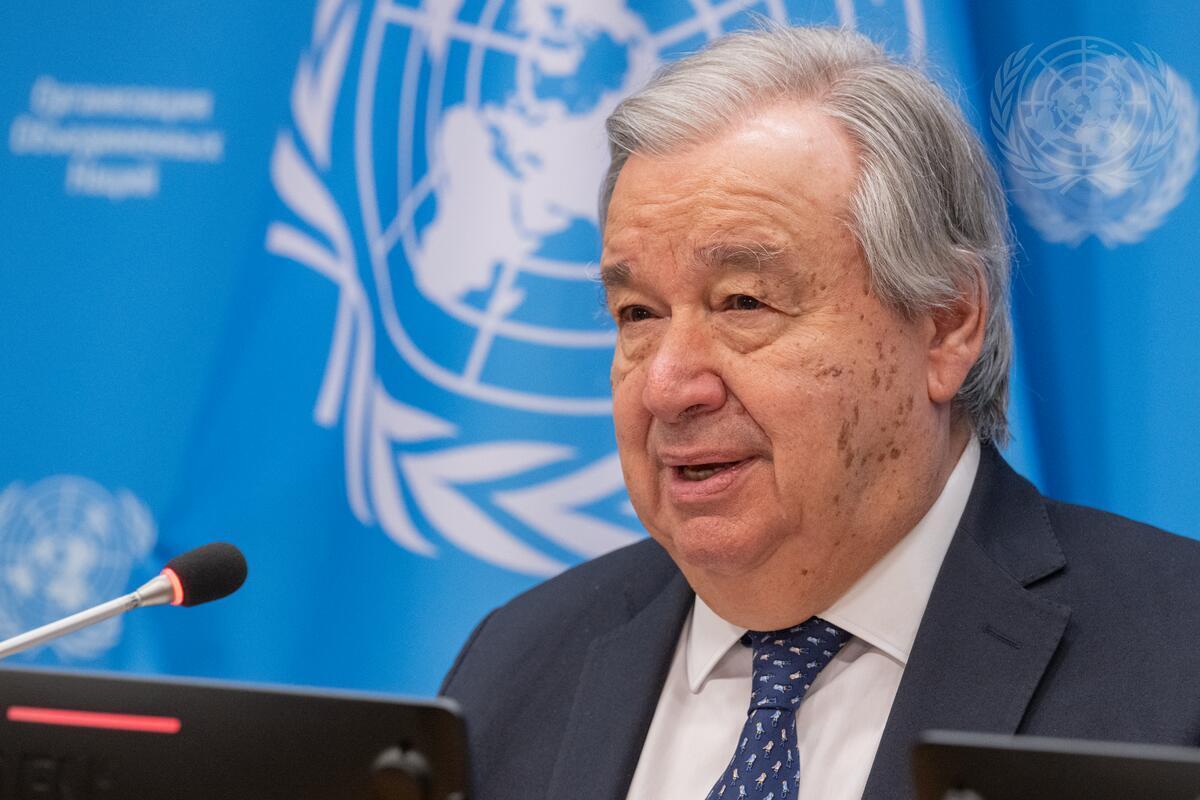The absence of a political process aimed at ending the conflict on the basis of two-state solution continues to be the single largest impediment to Palestinian development, according to a new report by the office of the United Nations Special Coordinator for the Middle East Peace Process (UNSCO). This prolonged period of conflict management, of transition without end, some 25 years after the beginning of the Oslo process, will not lead to a solution that meets the needs and aspirations of Palestinians and Israelis.
The report will be presented to the Ad Hoc Liaison Committee (AHLC) at the bi-annual meeting in Brussels on March 20, 2018. The report notes that Gaza continues to present the greatest risk of escalation alongside an acute humanitarian crisis with the potential for a complete breakdown in service delivery.
To properly address the issues facing Gaza, the report suggests a multi-tiered approach for the Palestinian Authority (PA), Israel and the international community:
First and foremost, we must tend to the humanitarian crisis which means ensuring that hospitals and health clinics function, essential drugs are available, sewage and water treatment is provided, and the electricity situation is immediately improved. Second, increased efforts are needed to finalize the reconstruction of physical damages from the 2014 conflict, and simultaneously to revive Gaza’s moribund economy, and revitalize its productive sectors. Third, to ensure that the Strip remains livable, investment in longer-term infrastructure projects to provide more electricity, potable water and sewage treatment is needed.
In addition to the PA, Israel and the international community’s commitment to the success of these efforts, the report stresses the need for a changed political reality on the ground. This includes the resumption by the PA of its full responsibilities for the people, governance and infrastructure of Gaza; Hamas must cease its military build-up, including the construction of tunnels and the firing of rockets towards Israel; Israel’s closure regime must fundamentally change to allow for the recovery and development of the Strip through movement and access of people and goods.
The report warns that the overall situation in the West Bank and Gaza remains deeply worrying as hope continues to diminish for a political resolution to the conflict. “The UN and partners will continue to highlight the key concerns and areas for intervention, but the parties need to make the difficult choices and compromises to achieve a long overdue resolution to this conflict,” it concludes.
Note to Editors: The Ad Hoc Liaison Committee (AHLC) serves as the principal policy-level coordination mechanism for development assistance to the oPt. The AHLC is chaired by Norway and co-sponsored by the EU and the US. In addition, the United Nations participates together with the World Bank and the International Monetary Fund (IMF). The AHLC seeks to promote dialogue between donors, the Palestinian Authority and the Government of Israel. The full report to the AHLC prepared by the Office of the UN Special Coordinator for the Middle East Peace Process is attached to this release and includes an executive summary of its main conclusions.
Read the full report at this link: https://unsco.unmissions.org/sites/default/files/unsco_ahlc_report_-_ma…





